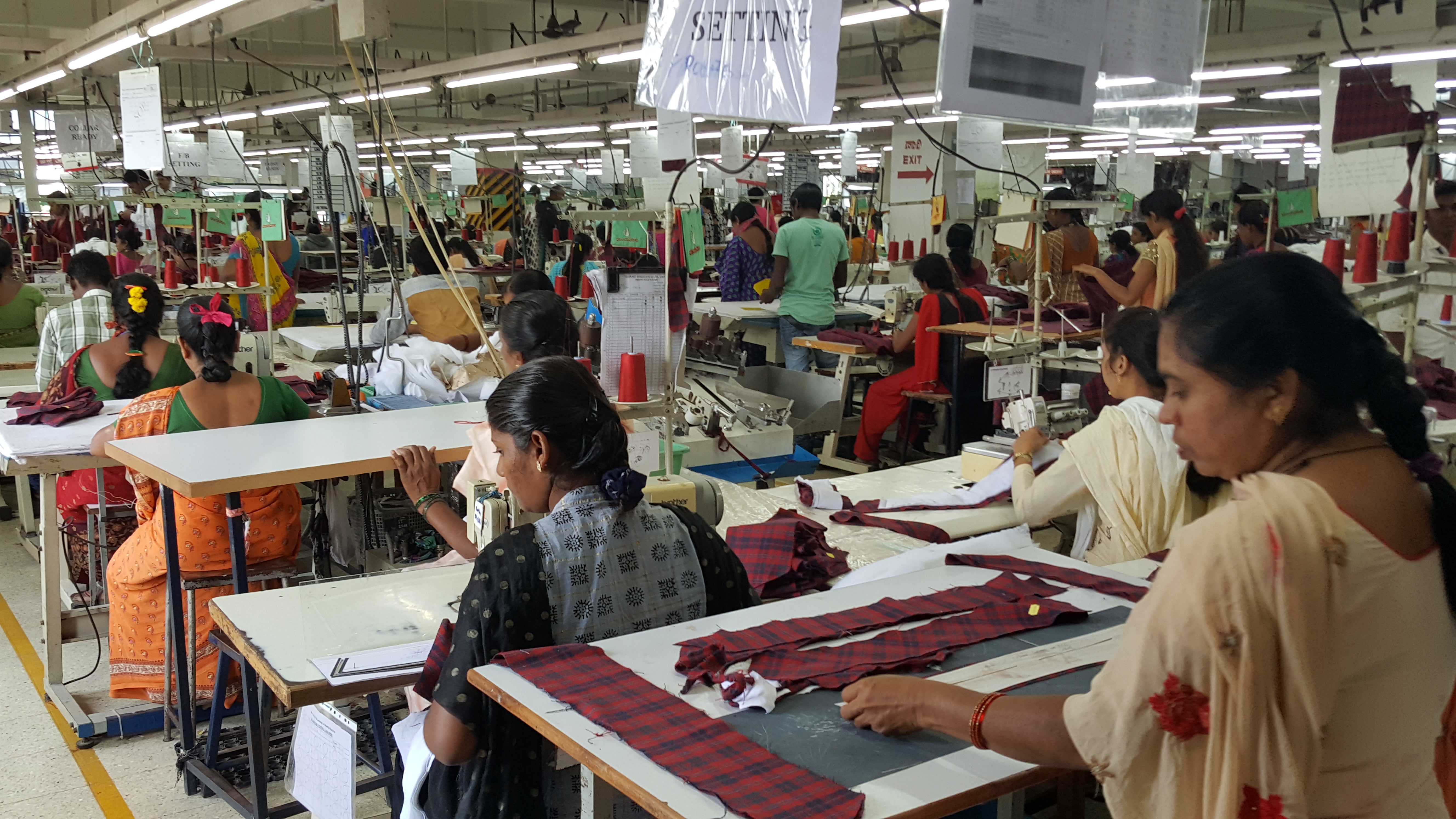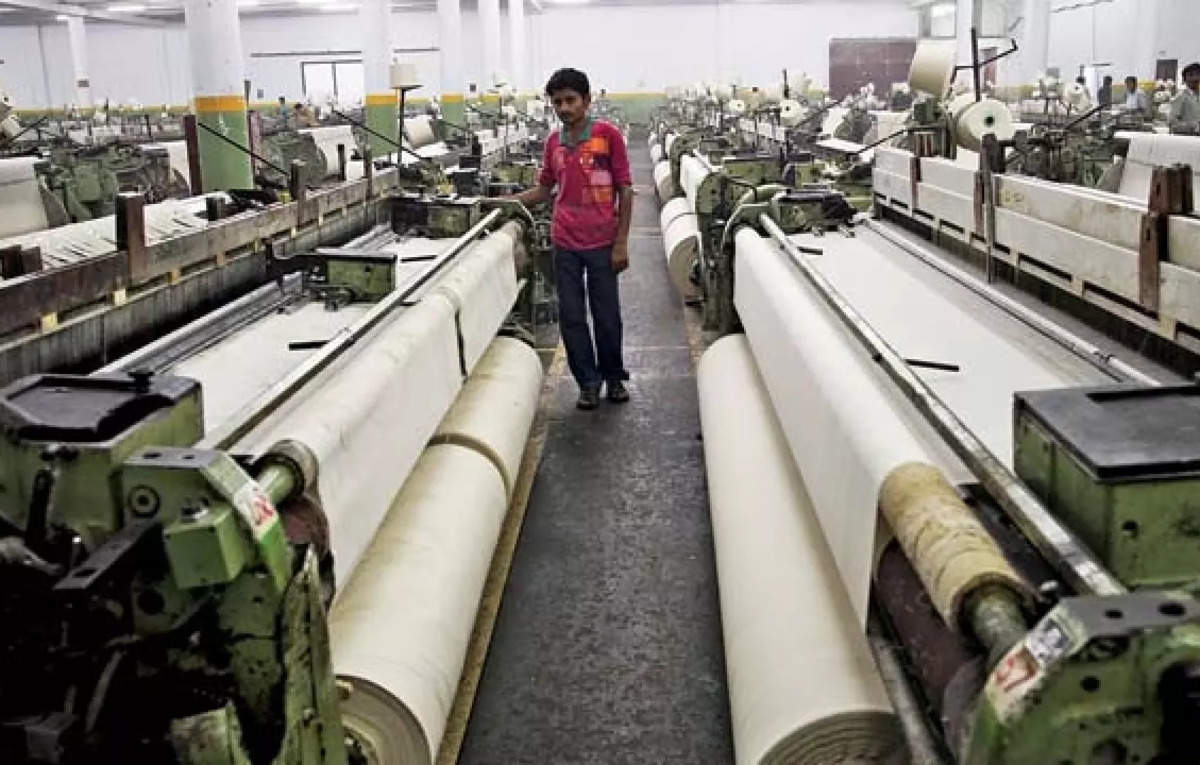India, a land rich in culture and tradition, is known for its diverse and vibrant textile industry. From handloom sarees to ready-made garments, the country offers a wide range of textile products that appeal to both domestic and international markets. However, what many people do not realize is the complexity and hidden truths behind textile product purchasing in India. Whether you are a fashion enthusiast, a business owner, or a consumer, understanding the intricacies of textile product purchasing in India can be quite eye-opening.
In this blog, we will explore some shocking facts about textile product purchasing in India that you may not believe. From the role of local markets to the ethical considerations, we will uncover various aspects of the textile industry that shape purchasing behavior. So, if you are curious to learn more about textile product purchasing in India, keep reading!
What Are Textile Products in India?
Textile products in India encompass a wide variety of items made from natural and synthetic fibers. These include clothing, home textiles, carpets, upholstery, and accessories. India is known for its traditional textiles such as silk, cotton, wool, jute, and khadi, as well as its modern fabrics, which include polyester, nylon, and rayon.
Some of the most popular textile products in India include:
Clothing
This includes both ready-made garments and handmade traditional attire like sarees, salwar kameez, lehengas, and kurta-pajamas.
Home Textiles
Bedsheets, towels, curtains, and cushions are common textile items used in households.
Carpets & Rugs: India has a rich history of producing intricately woven carpets and rugs, with regions like Kashmir, Rajasthan, and Uttar Pradesh being famous for their craftsmanship.
Textile Accessories
Items like bags, scarves, and stoles, made from various fabrics, are also significant in the Indian textile market.
These products are made in both rural and urban areas, with a focus on quality, sustainability, and innovation.
Importance of Textile Product Purchasing in India

Textile product purchasing in India plays a significant role in the economy. The textile industry is one of the oldest and most prominent sectors in the country, contributing substantially to both employment and exports. The purchasing of textile products influences a variety of industries, from agriculture to manufacturing, retail, and even tourism.
Economic Contribution
The textile sector in India accounts for over 2% of the country’s GDP and employs millions of people. Purchasing textile products supports farmers, weavers, designers, manufacturers, and retailers, making it a vital economic activity. India’s textile industry is one of the largest in the world, producing a vast array of products for both domestic consumption and international markets.
Cultural Significance
Textiles in India are not just about clothing—they are deeply rooted in the country’s rich culture and traditions. Purchasing textile products supports local artisans who create unique, handmade fabrics that reflect the region’s history and identity. The textile industry also plays an essential role in preserving ancient crafts like block printing, embroidery, and weaving, ensuring that these traditions continue for generations to come.
Environmental Impact
The textile industry has significant environmental implications. Cotton farming, for example, uses a large amount of water and pesticides, contributing to soil degradation and water pollution. The rise of sustainable textiles, however, is changing this narrative. Many Indian consumers are becoming more aware of the environmental impact of their purchasing choices, opting for eco-friendly fabrics and products. Purchasing sustainable textiles is becoming a key consideration in India’s growing textile market.
Export Market
India is one of the largest exporters of textiles and garments globally. Purchasing textile products, both domestically and internationally, is crucial in maintaining India’s position as a textile powerhouse. The textile industry supports millions of jobs in the export sector, and it is integral to India’s trade relations with countries across the world.
Discover the excellence of Jindaltex Textile Industries, a leading blanket manufacturer in India. Renowned for quality craftsmanship and innovative designs, Jindaltex offers a wide range of blankets that cater to both domestic and international markets.
Benefits of Textile Product Purchasing in India

Purchasing textile products in India, whether for personal use or business, offers numerous benefits. Here are some key advantages:
Variety and Customization
India is home to a wide array of textiles that cater to different tastes and preferences. Whether you are looking for traditional handwoven sarees or contemporary ready-made clothes, the variety is endless. Moreover, many textile products in India are customizable, offering consumers the ability to choose fabric, design, and fit according to their specifications.
Affordable Prices
One of the biggest advantages of purchasing textile products in India is affordability. Textiles in India are often more reasonably priced than in Western countries, especially when purchased directly from local markets or manufacturers. This makes it an attractive option for consumers who are looking for quality textiles without breaking the bank.
Support for Local Artisans
By purchasing textile products from local artisans or small businesses, consumers are directly contributing to the livelihood of rural workers. India’s textile industry is a massive source of employment, and small-scale weavers and artisans depend on the purchasing decisions of consumers to sustain their work. This helps preserve age-old traditions and craftsmanship that would otherwise be at risk of disappearing.
Exquisite Craftsmanship
Indian textiles are known for their fine craftsmanship. Whether it’s the intricate zari work in a Banarasi saree or the delicate hand-block printing in Rajasthan, purchasing textile products in India ensures that you are getting a product that embodies the artistry and skill of talented artisans.
Sustainability and Innovation
While India has traditionally been associated with cotton and silk, the country’s textile industry is evolving. The increasing demand for sustainable textiles has prompted the growth of eco-friendly fabrics made from organic cotton, bamboo, and hemp. Consumers who are environmentally conscious can make a positive impact by supporting textile brands that promote sustainable practices.
Shocking Truths About Textile Product Purchasing in India
Now that we’ve explored what textile product purchasing in India is and its importance, let’s delve into some of the shocking truths you may not know:
The Price Isn’t Always What It Seems
While India is known for offering affordable textile products, the price can be misleading at times. Consumers often pay more for products that are marketed as “traditional” or “handmade,” even though they may be mass-produced in factories. This is especially true for certain products like silk sarees or handloom fabrics, where middlemen and marketing influence the price. Always be cautious and ensure you are buying from reputable sources to avoid overpaying.
Textile Production Can Be Harmful to the Environment
The environmental impact of textile production in India is concerning. Cotton farming, especially in regions with limited water resources, has been linked to soil depletion and excessive water consumption. Furthermore, the use of synthetic dyes and chemicals in the textile industry can contribute to pollution. Consumers are becoming more aware of these issues, leading to a rise in demand for eco-friendly alternatives, but the problem persists.
Counterfeit Products Are Rampant
Due to the immense demand for textile products, especially in major urban areas, counterfeit products are a significant issue in the Indian market. Fake branded textiles are often sold at discounted prices, with little regard for quality or ethical production standards. It’s important to be aware of where you’re purchasing your products to ensure you’re getting what you pay for.
The Changing Role of E-commerce
E-commerce is drastically reshaping textile product purchasing in India. Online platforms like Amazon, Flipkart, and various local textile marketplaces have made it easier for consumers to access a vast range of products, from the comfort of their homes. However, the growing reliance on e-commerce also means that smaller, traditional textile shops are struggling to compete, leading to a shift in the retail landscape.
Overseas Competition Threatens Local Businesses
India’s textile industry is facing increased competition from cheaper imported textiles, particularly from countries like China and Bangladesh. While India is known for its superior quality and craftsmanship, the affordability of foreign products is making it harder for local businesses to thrive. This has led to challenges for small-scale artisans and weavers who rely on local purchases to sustain their livelihoods.
Conclusion
Textile product purchasing in India is far more than just a transaction; it is an intricate part of the country’s economy, culture, and environmental landscape. While India offers a wealth of textile products that are beautiful, affordable, and rich in tradition, the industry also faces significant challenges, from environmental degradation to counterfeit products and the rise of e-commerce. However, by staying informed and making conscious purchasing decisions, consumers can play an essential role in supporting ethical, sustainable, and locally-produced textiles.
So, the next time you set out to buy textile products in India, remember these shocking truths and make your purchasing choices with both your values and your wallet in mind!
